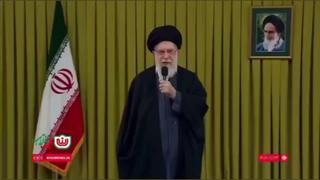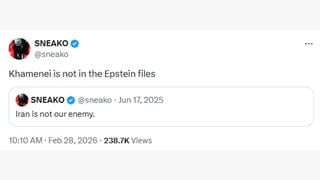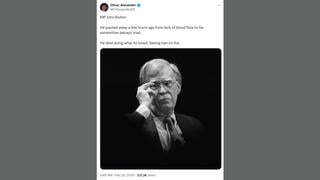Several very similar Donald Trump stories have dominated the coverage of the 2016 presidential campaign so far. What these stories have in common is that they all revolve around something Donald Trump supposedly said and all the -- mostly angry -- reactions following these statements. Yet most of the time there is something weird about these stories: Trump didn't actually say what people think he said.
If you examine his actual words closely there seems to be a consistent pattern. Trump appears to deliberately make statements that can be interpreted differently depending on the pre-existing viewpoint of the listener. In other words: Trump makes people hear what they want to hear. The way in which people react to his words often says more about what they already thought about Trump and has little to do with what Trump actually thinks.
Take this example, when Trump gets asked about religion and his favorite Bible verse.
Trump's actual words are all about how important religion is. But he refuses to go into specifics "because it is very personal". A religious person might conclude Trump shares their views, based on the literal words. But so could an atheist: if religion is important but his personal views are private, that probably means it is not so important for him...
In this exchange between Trump and Ben Carson about vaccination
His literal words: "I am totally in favor of vaccines, but I want smaller doses over a longer period of time." He follows this up with several annecdotes and emotional imagery about little babies and syringes. Both pro- and anti-vaccine listeners can interpret this to mean he is on their side.















